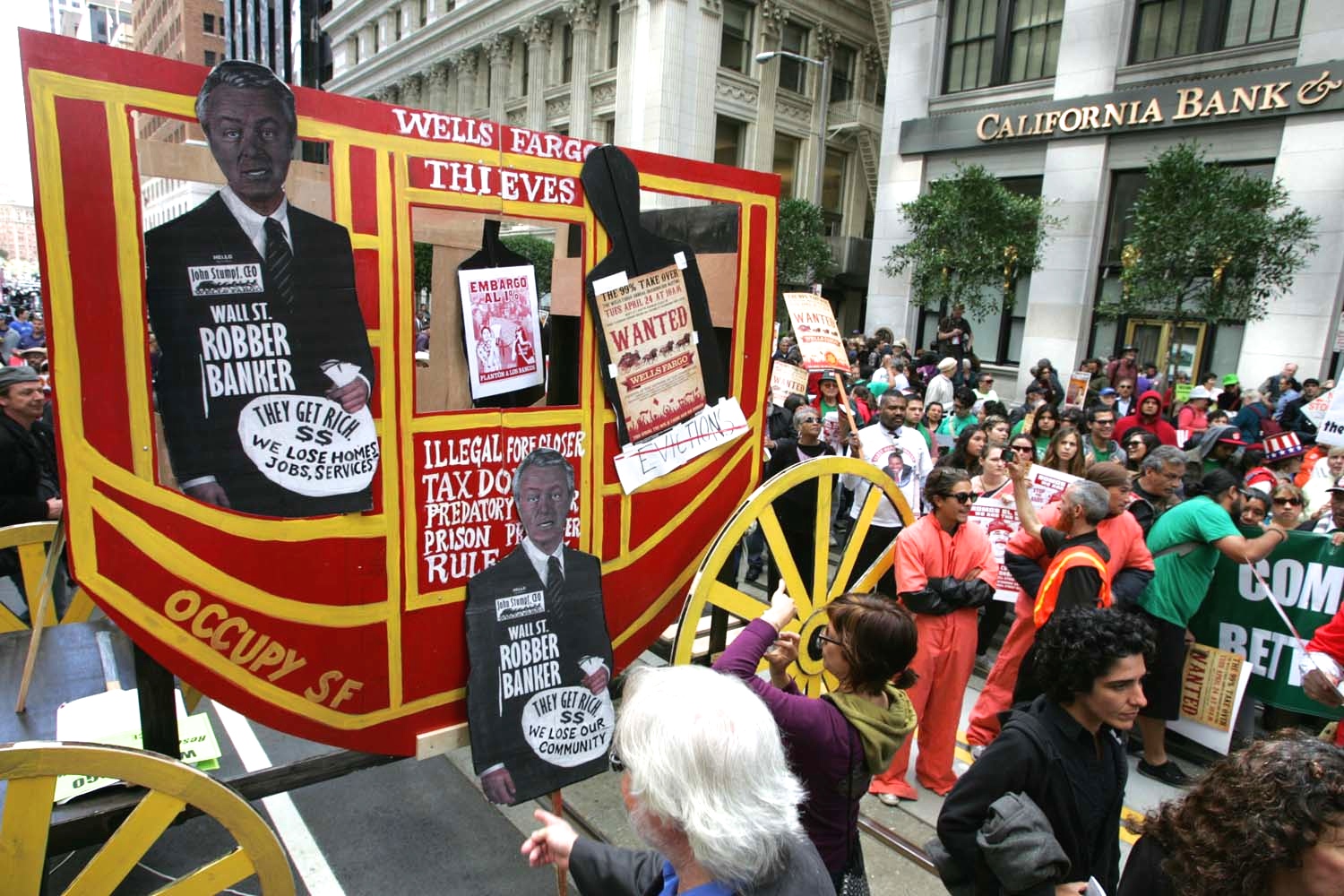 Violation Tracker collects data on enforcement activity by more than 40 federal regulatory agencies and the Justice Department. Missing from the list is the Bureau of Alcohol, Tobacco, Firearms and Explosives.
Violation Tracker collects data on enforcement activity by more than 40 federal regulatory agencies and the Justice Department. Missing from the list is the Bureau of Alcohol, Tobacco, Firearms and Explosives.
The database provides penalty totals for about 50 major industry groups. High on the list are controversial industries frequently involved in misconduct: banks, oil companies, pharmaceutical producers and the like. Missing from the list is the gun industry.
The ATF and the gun manufacturers are not being deliberately excluded from the database. The problem is that, unlike other federal agencies claiming to be involved in industry oversight, ATF has surprisingly little to report on its efforts. I’ve searched the ATF web pages thoroughly and cannot find the kind of information typically found on other agency sites on proceedings against companies for regulatory infractions. I’ve also searched the archive of the Government Accountability Office for reports about the agency’s enforcement actions against gun makers and gun sellers, to no avail.
ATF’s website has a statistical report on the gun industry and a list of rulings that appear to deal with general policy issues, including licensing, rather than individual company behavior. There is also a page pointing to the relevant provisions of the Code of Federal Regulations but the word “enforcement” hardly appears on the website, except for references to the law enforcement community.
The light touch of the federal government is also reflected in the SEC filings of publicly traded gun manufacturers. For example, the recently published 10-K annual report of Sturm, Ruger & Company has one perfunctory reference to ATF and gives the impression the agency is not much of a concern.
Gun manufacturers are, of course, subject to broad federal regulation covering all industries. Companies such as American Outdoors Brands (parent of Smith & Wesson), Beretta and Colt’s Manufacturing as well as Sturm, Ruger appear in Violation Tracker in connection with the penalties that have been imposed on them by agencies such as the EPA and OSHA. Smith & Wesson has an entry relating to a $2 million penalty imposed by the SEC for violating the Foreign Corrupt Practices Act. American Outdoor Brands and Sturm, Ruger have been penalized by the Commerce Department’s Bureau of Industry and Security for export violations.
Yet, aside from licensing requirements, the gun business is lacking significant industry-specific oversight relating to issues such as safety like that exercised by agencies such as the Food and Drug Administration or the Federal Railroad Administration. Special legislation has provided extraordinary protection to an industry whose products are so lethal.
The reality has just come to light in connection with President Trump’s statement that he ordered Attorney General Sessions to get ATF to find a way to restrict the bump stock accessory that allows semi-automatic weapons to function like illegal machine guns. But it appears ATF may not have the authority to take such action.
In truth, the ATF is a licensing body but not really an enforcement agency. The gun industry is essentially unregulated, and the National Rifle Association continues doing everything in its power to keep it that way.
 It’s unclear to what extent the Obama Administration’s practice of extracting unprecedented monetary penalties on miscreant companies proved to be an effective deterrent, but at least the billion-dollar fines and settlements served to highlight the ongoing problem of corporate crime.
It’s unclear to what extent the Obama Administration’s practice of extracting unprecedented monetary penalties on miscreant companies proved to be an effective deterrent, but at least the billion-dollar fines and settlements served to highlight the ongoing problem of corporate crime. The federal response to corporate misconduct over the past two decades has alternated between tougher monetary penalties and the promotion of voluntary measures to lure companies into behaving better. Neither has worked very well.
The federal response to corporate misconduct over the past two decades has alternated between tougher monetary penalties and the promotion of voluntary measures to lure companies into behaving better. Neither has worked very well.
You must be logged in to post a comment.